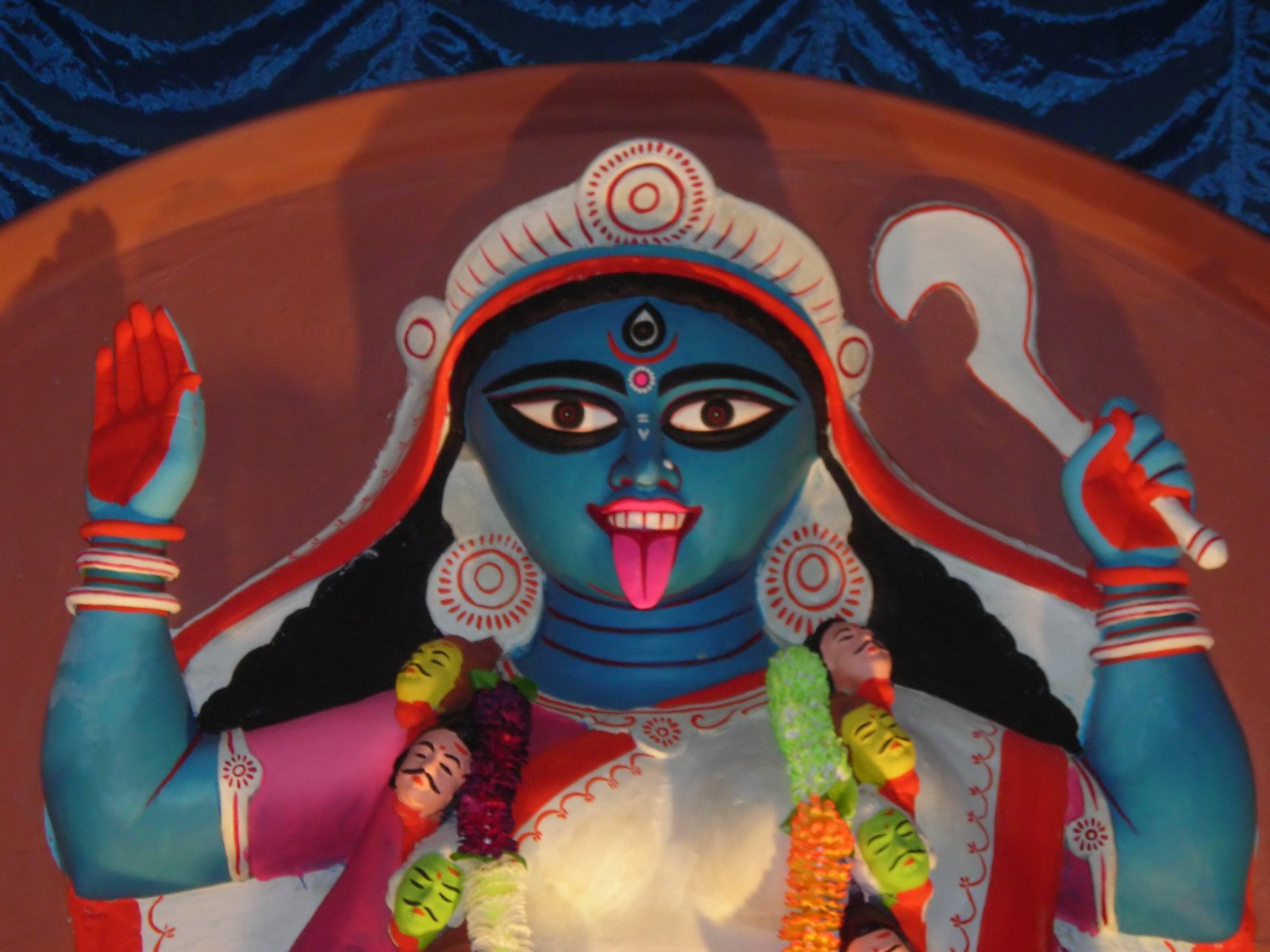Durga Puja (Bengali: দুর্গা পূজা), also known as Durgotsava or Sharodotsava, is an annual Hindu festival originating in the Indian subcontinent which reveres and pays homage to the Hindu goddess Durga and is also celebrated because of Durga's victory over Mahishasura. It is celebrated all over the world by the Hindu Bengali community but it is particularly popular and traditionally celebrated in the Indian states of West Bengal, Bihar, Assam, Tripura, Odisha, Jharkhand, Uttar Pradesh (eastern parts) and the country of Bangladesh.
As per Hindu scriptures, the festival marks the victory of goddess Durga in her battle against the shape-shifting asura, Mahishasura. Thus, the festival epitomizes the victory of good over evil, though it is also in part a harvest festival celebrating the goddess as the motherly power behind all of life and creation. Durga Puja coincides with Navaratri and Dussehra celebrations observed by other traditions of Hinduism.
Read More








